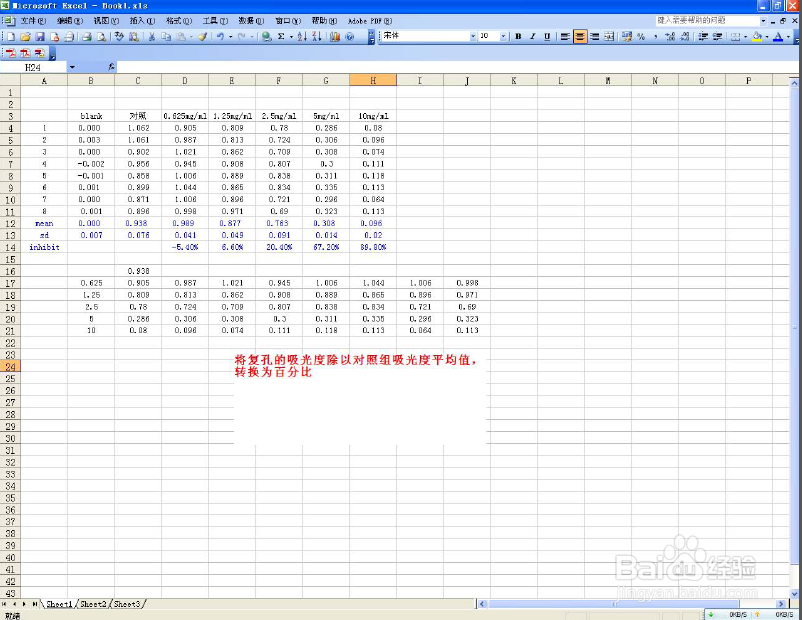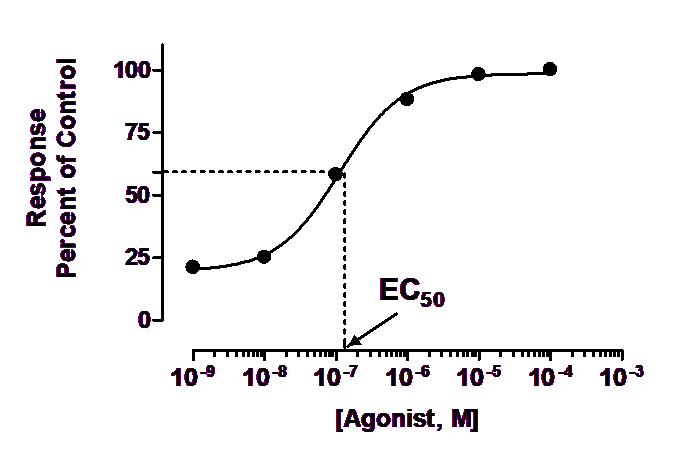
#IC50 GRAPHPAD PRISM 5 DRIVER#
The c-MYC oncogene is one of the best studied cancer driver genes, promoting tumorigenesis via diverse mechanisms such as stimulating cell proliferation, blocking apoptosis, altering metabolism and depressing host immunity. One of the reasons for the failure to find an effective targeted therapy for TNBC has been the widely held assumption that this subform of breast cancer lacks a highly prevalent driver gene that could be exploited for therapeutic purposes. This poor outcome is at least partially due to the lack of effective targeted therapies. Although constituting only about 15% of all invasive breast cancers, TNBC is responsible for a disproportionately high rate of deaths from the disease. TNBC is so called due to it’s lack of estrogen receptors (ER), progesterone receptors (PR) and HER2. Based on our results, we suggest that trials use a combination of MYCi975 and either docetaxel or doxorubicin and include MYC as a putative therapy predictive biomarker.Īlthough the treatment of patients with breast cancer has greatly improved in recent years, the form of breast cancer commonly referred to as triple-negative breast cancer (TNBC) continues to have a relatively poor prognosis. Our findings open the possibility of targeting MYC for the treatment of TNBC.

Finally, combined treatment with MYCi975 and either paclitaxel or doxorubicin resulted in enhanced cell growth inhibition.

Inhibition of proliferation and induction of apoptosis were greater in TNBC than in non-TNBC cell lines ( p = 0.041 and p = 0.001, respectively). MYCi975 also induced variable levels of apoptosis across the panel of cell lines, ranging from no detectable induction to 80% induction. Response was inversely related to endogenous MYC levels as measured by western blotting ( p = 0.047, r = − 0.5385) or ELISA ( p = 0.001, r = − 0.767), i.e., response to MYCi975 decreased as endogenous MYC levels increased. IC50 values for growth inhibition by MYCi975 varied from 2.49 to 7.73 µM. The anti-proliferative and apoptosis-inducing effects of the recently discovered MYC inhibitor, MYCi975 were investigated in a panel of 14 breast cancer cell lines representing the main molecular forms of breast cancer. The aim of this study was to evaluate targeting MYC for the treatment of TNBC.

MYC is one of the most frequently altered driver genes in triple-negative breast cancer (TNBC).


 0 kommentar(er)
0 kommentar(er)
